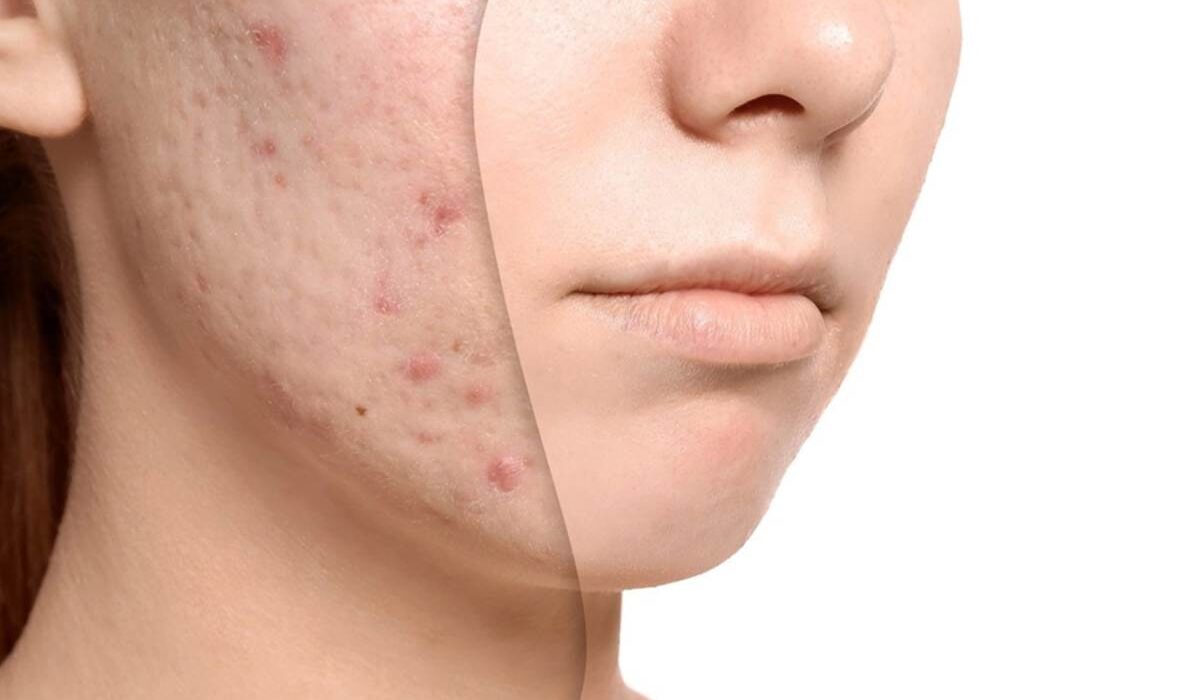Acne is one of the most common skin problems that affect people of all ages. It can be frustrating and difficult to manage, especially when breakouts keep coming back. Many people turn to harsh chemical treatments, but those can sometimes do more harm than good. This is why many are now looking for acne oil treatment as a natural and gentle solution. Using oils for acne may seem surprising, but the right oils can actually help balance your skin, reduce inflammation, and prevent further breakouts.
Why Does Acne Happen?
Acne occurs when the pores of your skin become clogged with excess oil, dead skin cells, and bacteria. Your skin naturally produces oil, known as sebum, to keep it hydrated and healthy. However, when the production of sebum is too high, it can mix with dirt and bacteria, leading to pimples, blackheads, and whiteheads. Hormonal changes, diet, stress, and improper skincare routines can all contribute to acne. Treating it with the right oils can help restore balance without over-drying or irritating the skin.
How Oils Can Help Treat Acne
The idea of using oil to fight acne may seem strange since excess oil is one of the causes of breakouts. However, certain natural oils have antibacterial, anti-inflammatory, and healing properties that can improve your skin. Instead of stripping away natural oils with harsh treatments, acne oil treatment works by balancing sebum production. When your skin gets the right moisture, it does not feel the need to produce more oil, reducing the chances of clogged pores and breakouts.
Best Oils for Acne Treatment
There are many oils available, but not all are suitable for acne-prone skin. Some oils are lightweight and have properties that can fight bacteria, calm inflammation, and help heal acne scars. Tea tree oil is one of the most effective oils for acne because of its antibacterial and anti-inflammatory properties. Applying a diluted form of tea tree oil on affected areas can help reduce redness and swelling. Another great option is jojoba oil, which closely resembles the natural sebum of the skin. It helps regulate oil production and keeps the skin moisturized without clogging pores.
Rosehip oil is another powerful oil for acne-prone skin. It is rich in vitamins and antioxidants that help repair skin and fade acne scars over time. Neem oil has strong antibacterial properties that help fight acne-causing bacteria and prevent future breakouts. Additionally, using lightweight oils like grapeseed oil or hemp seed oil can help provide moisture without making the skin greasy. These oils help soothe irritation and reduce acne without clogging pores.
How to Use Oils for Acne Treatment
To get the best results from acne oil treatment, it is important to use them correctly. First, always start with clean skin by washing your face with a gentle cleanser. If you are using essential oils like tea tree oil, always dilute them with a carrier oil such as jojoba or grapeseed oil to avoid irritation. Apply a small amount of the oil to affected areas or mix it with your moisturizer for overall hydration.
It is best to apply oils at night so that they can work while you sleep. If you have oily skin, start with just a few drops and see how your skin responds. Over time, you will notice improvements as the oil helps balance sebum production and reduces acne inflammation. Consistency is key, and results may take a few more weeks before you see noticeable changes in your skin.
Other Natural Remedies to Support Acne Treatment
While using oils can be highly effective, combining them with other natural remedies can enhance the results. Drinking enough water helps flush out toxins and keeps your skin hydrated. Eating a healthy diet with less sugar and processed foods can also reduce acne flare-ups. Green tea, both as a drink and as an extract applied to the skin, has powerful antioxidants that help reduce inflammation and fight bacteria.
Aloe vera is another great natural remedy that soothes irritated skin and promotes healing. Applying raw honey as a face mask can also help because of its antibacterial properties. When combined with acne oil treatment, these natural solutions create a skincare routine that supports clear and healthy skin.
Common Mistakes to Avoid When Using Oils for Acne
One mistake that many people make is using too much oil at once. Applying too much can overwhelm the skin and cause clogged pores. Another common mistake is using comedogenic (pore-clogging) oils that are too heavy for acne-prone skin. Always choose non-comedogenic oils that will not block pores.
Skipping a patch test before applying a new oil can also lead to unwanted reactions. Always test a small amount on your skin before using it regularly. Additionally, not being patient enough can be a mistake. Natural treatments take time, and you may need more weeks to see results, but consistency will lead to clearer skin over time.
Final Thoughts
Acne oil treatment is a natural and effective way to heal acne without harsh chemicals. The right oils help balance oil production, reduce inflammation, and promote clear skin. Choosing lightweight, non-comedogenic oils and using them properly can make a huge difference in your skincare routine. By combining oils with a healthy lifestyle and other natural remedies, you can achieve smooth and healthy skin in a gentle and lasting way. Be patient, stay consistent, and enjoy the benefits of clear, radiant skin.


